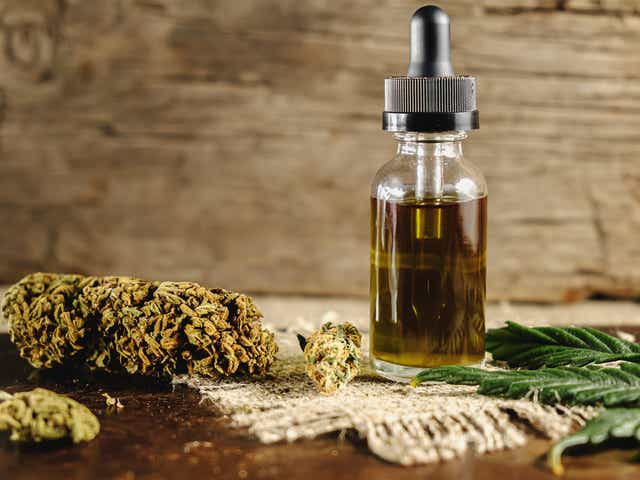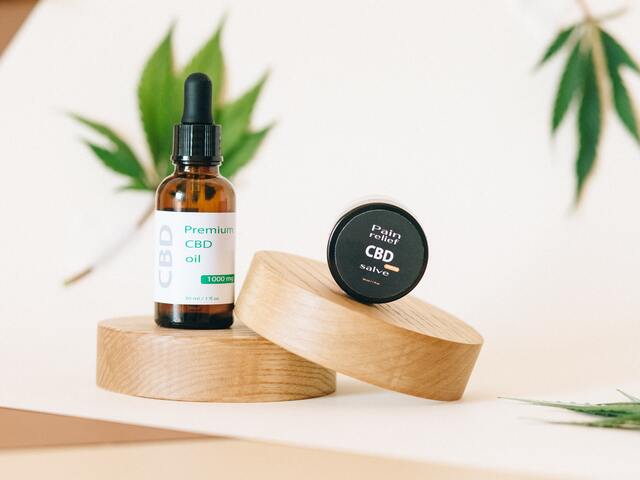Lately, a question is spreading in the world of mountain running, triathlon, and running in general: Does CBD oil help to improve our performance, and reduce pain and injuries?
Does CBD help athletes, do I have to take CBD oil, CBD drops, smoke CBD, is CBD fattening, does CBD get me hooked?
Is it good to take CBD to sleep, and is it good to take CBD every day? Can I take CBD on an empty stomach and with medication? Does it help to take CBD before training?
WHAT IS CBD?
Hemp, the plant most people call hemp, contains at least 144 cannabinoids, the active compounds in the plant.
Tetra-hydro-cannabinol (THC) is the most famous and studied compound for its psychoactive effects and qualities, it is the compound used to “get high” when smoked or ingested through a food flavored with it.
Another cannabinoid, cannabidiol (CBD), has gained great popularity in the last half-decade.
Biologically, hemp is the same species. However, they are legally different in that hemp plants must contain a THC content of 0.3% or less by dry weight, and hemp has more than this. The CBD we see on the market commonly starts out as hemp. The style in which the hemp plants are allowed to grow and harvest is what determines whether it is used for industrial hemp or cannabinoid harvesting. This is because the resin from the flowers of unfertilized female plants contains the highest amount of cannabinoids.
The last decade has seen an increase in the acceptance of hemp worldwide. Its use is becoming more common and less taboo, and the world is beginning to better understand the difference between CBD and THC. However, while there are documented medical and therapeutic applications for (THC), a significant amount of evidence and research indicates that cannabinol (CBD), a non-psychoactive component of hemp bud, can serve as a powerful therapy not only for a variety of diseases but can also benefit athletes who practice endurance sports, such as trail running, triathlon, ironman, marathon, etc….
Before we continue with this article, we remind you that we are not doctors or experts, we are simply endurance athletes who are as curious about CBD as many of you are.

HOW DOES CBD WORK?
Research suggests that CBD binds to serotonin receptors (anxiety, pain, etc.); vanilloid receptors (inflammation, body temperature); orphan receptors (blood pressure, bone density, and nuclear receptors (tumors, dementia). While the effects of CBD are profound, users do not experience an altered state of consciousness or “high”.
Consequently, CBD is safe for people to use in sporting events Although it is unlikely that modern medicine has identified the full potential value contained in CBD, so far it has proven useful as an anxiolytic, nootropic (memory stimulant), analgesic, and joint inflammation reducer.
There are now strong indications that CBD is an effective anxiolytic (anxiety) and, at the same time, can improve mood. With little to no significant side effects, CBD is a well-tolerated, non-addictive alternative to other commonly prescribed anti-anxiety medications. In addition, CBD oil works immediately and can specifically target anxiety. Long-term drugs, such as SSRIs and SNRIs, can take months to begin working and are associated with weight gain, flat affect, and a variety of other undesirable consequences.
If you are searching for what is cbd balm for pain, you may want to check out their web page for more information.





